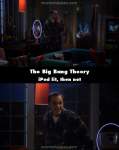
The Big Bran Hypothesis - S1-E2
Continuity mistake: When Sheldon is cleaning, he moves an iPod dock and the iPod lights up. Camera changes and the iPod is unlit. A few shots later it's lit again. (00:09:00)
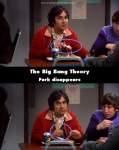
The Bat Jar Conjecture - S1-E13
Continuity mistake: When Raj is talking about psychological warfare he has a fork in his hand in one shot and not in the next. (00:08:40)
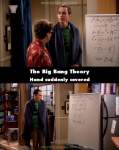
The Hamburger Postulate - S1-E5
Continuity mistake: When Sheldon is ranting about his board being changed, there is one shot where his hand is uncovered then covered by the blanket. (00:12:00)
The Hamburger Postulate - S1-E5
Continuity mistake: When Howard demonstrates being a human beat box to Penny, the way she holds her pen changes instantly. (00:02:50)
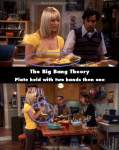
The Luminous Fish Effect - S1-E4
Continuity mistake: When Penny is asking if Sheldon has ever done anything like this before she is holding her plate with 2 hands in one shot and 1 hand in the next. (00:13:20)
The Luminous Fish Effect - S1-E4
Continuity mistake: When Sheldon asks his mum why she's there, his mums hand on his chest changes position. Note the distance to his elbow. (00:11:40)
The Luminous Fish Effect - S1-E4
Continuity mistake: At the buffet, Sheldon has 2 hands on his plate. Camera cuts and now he has one hand by his side. This is before Howard walks in with his date. And the cut is instant. (00:02:00)
The Fuzzy Boots Corollary - S1-E3
Continuity mistake: When Howard sits down on the sofa saying about sexual harassment laws, his hand moves from his mouth to the side of his head instantly. (00:04:50)
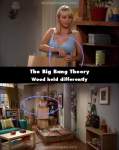
The Big Bran Hypothesis - S1-E2
Continuity mistake: At the very end of the episode we see Penny with her hands on the corner of the piece of wood. Camera cut and now they are in the middle. (00:19:50)
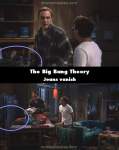
The Big Bran Hypothesis - S1-E2
Continuity mistake: When Sheldon says the line about having no peers when cleaning the apartment, there is a pair of jeans on the side which disappears when the camera cuts. (00:10:00)
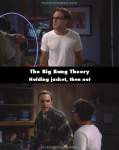
The Big Bran Hypothesis - S1-E2
Continuity mistake: When cleaning Penny's apartment, Sheldon is holding up a jacket. Camera cuts and he is no longer holding the jacket up. (00:09:50)
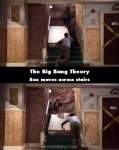
The Big Bran Hypothesis - S1-E2
Continuity mistake: When Leonard and Sheldon are pushing the box up the stairs, the position of the box on the stairs changes instantly. In one shot it is flush against the wall, then in the centre of the stairs. (00:05:20)
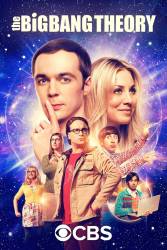
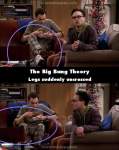
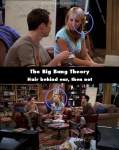
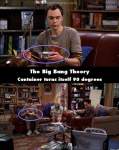
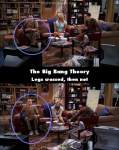
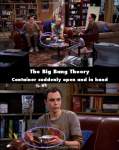
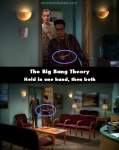





Answer: Because Raj's selective mutism seems to be caused by women that Raj sees (on some sort of conscious or subconscious level) as a potential sexual partner. An attribute that wouldn't apply to either his sister or mother.